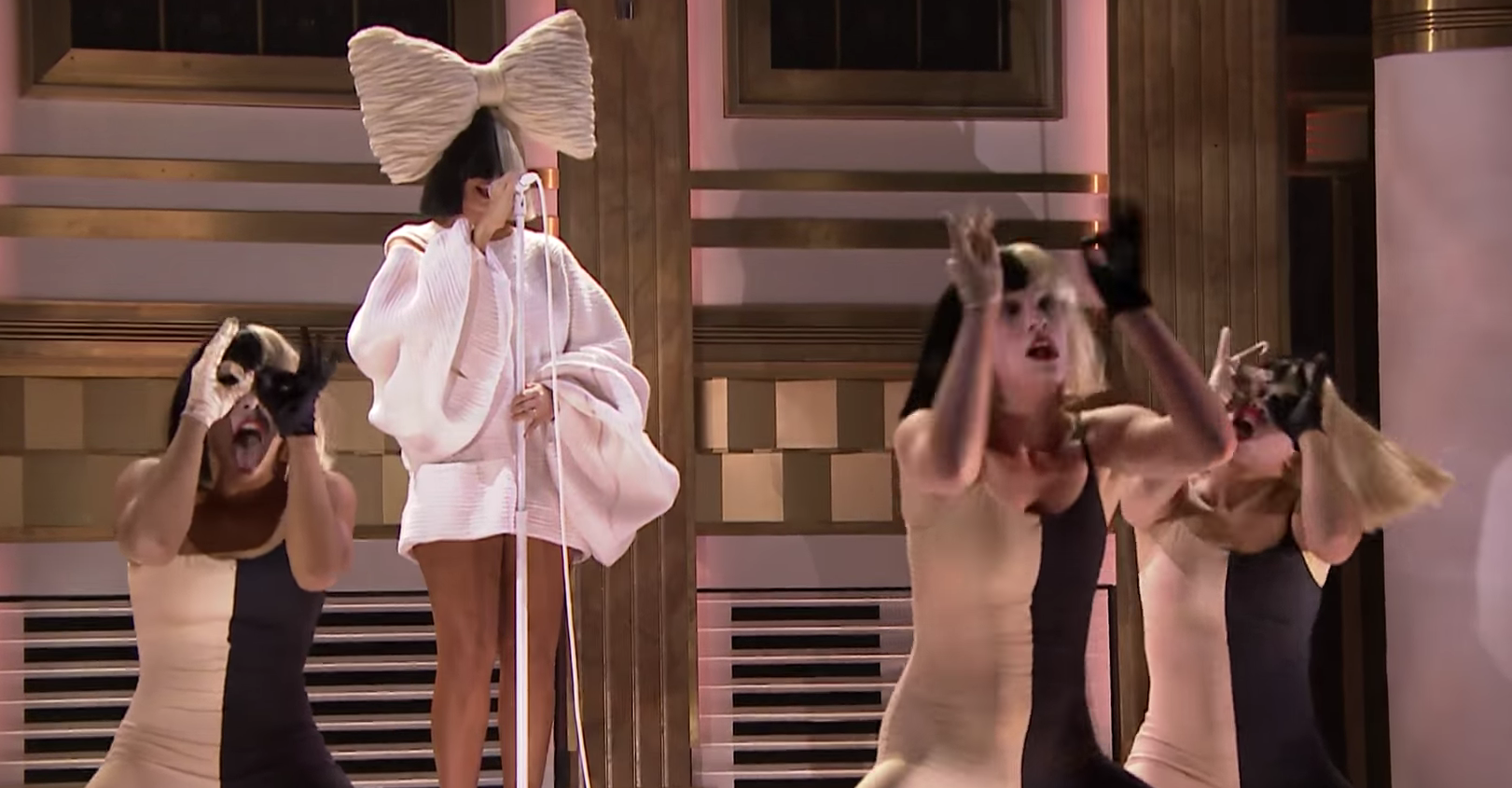When Sia wrote “Bird Set Free,” the first promotional single for her seventh studio album, This Is Acting, she had no plans to keep the song for herself.
At first, the triumphant power ballad was created for the Pitch Perfect 2 soundtrack, only to be rejected in favor of Jessie J’s “Flashlight,” also written by Sia. Then the 40-year-old singer-songwriter shopped the song to Rihanna, who similarly turned it away. After that, British chanteuse Adele recorded the song for her record-breaking album 25, but, just as with Pitch Perfect 2 and Rihanna, scrapped it at the last minute.
But, instead of abandoning “Bird Set Free” and resigning it to collect dust in obscurity, Sia made a defiant choice: to feature the invigorating tune as the centerpiece of her newest album, a 12-track LP of which all but one song were originally written for another artist.
At first listen, the pure diversity of musical style throughout the album can be jarring. There’s the Latin-pop dance beats of “Move Your Body,” which finds Sia doing a spot-on Shakira impression, right down to donning a slight Colombian accent over relentless synths. Then there’s “Reaper” — co-written by Kanye West — and “Cheap Thrills,” a pair of R&B and reggae-influenced tunes that reek of Rihanna’s profanity-laced and club-ready discography.
Add in tracks penned for Beyoncé, Demi Lovato and Adele, among others, and it quickly becomes apparent that Sia’s latest effort is one that excels more in concept than musical cohesion.
In a time when many Top 40 artists opt to purchase hit songs instead of concocting some themselves, This Is Acting puts the power back with the songwriter. After penning the mega-hit “Diamonds” for Rihanna’s Unapologetic, Sia takes ownership of her artistry and breathes her own creative energy into “Reaper” and “Cheap Thrills.” In fact, she gives both such impassioned performances that it becomes questionable if Rihanna could’ve done any better with them.
Therein lies the goal behind Sia’s latest: to display the incredible influence songwriters wield behind the scenes in shaping modern pop music. Because, if Sia can write and perform a Rihanna song possibly better than the Barbados-born star herself, you have to wonder how many other modern artists glean most of their musical style from other musicians. The point isn’t to disparage artists who rejected Sia’s songs; instead, it’s for Sia to step up and, much like revealing the face behind her overgrown wigs, proudly showcase her power in the music industry.
Yet, no matter how interesting a concept, much of the music falls short of Sia’s potential. Each track is solid in its own right, but it’s hard to stomach Sia singing the melodramatic and unremarkable “Unstoppable” (“I’m invincible/ Yeah, I win every single game/ I’m so powerful/ I don’t need batteries to play”) with her electrifying vocals from “Chandelier” forever ingrained in our minds. “Unstoppable” might have done well for Demi Lovato — whom many believe it was originally intended for — but it lacked the spirit and guts we’ve all come to know and love from Sia.
Which shouldn’t come as a surprise for Sia, as she even mentioned her reservations about writing bona fide pop hits like “Titanium” or “Wild Ones” as an artist who originated in the indie scene.
“I think that the stuff I write for pop music is terribly, terribly cheesy,” Sia said in an interview with Rolling Stone.
Sia likely knows her latest album isn’t her best work, and I would venture to say that doesn’t bother her. The point wasn’t to create a stunning collection of music — that was her sixth album, 1000 Forms of Fear — but instead it seems to be a way for Sia to send a message: In a music industry in which many artists rise to stardom with songs written by someone else, it’s all just acting.



